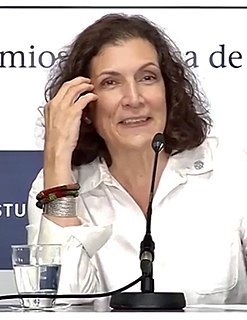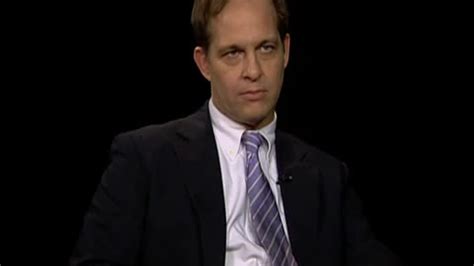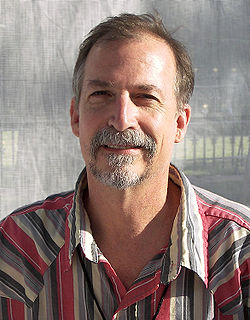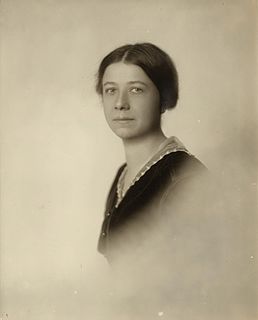Top 58 Translators Quotes & Sayings
Explore popular Translators quotes.
Last updated on April 14, 2025.
It helps to regard soul as an active intelligence, forming and plotting each person's fate. Translators use "plot" to render the ancient Greek word mythos in English. The plots that entangle our souls and draw forth our characters are the great myths. That is why we need a sense of myth and knowledge of different myths to gain insight into our epic struggles, our misalliances, and our tragedies. Myths show the imaginative structures inside our messes, and our human characters can locate themselves against the background of the characters of myth.
All mankind is one volume. When one man dies, a chapter is not torn out of the book, but translated into a better language. And every chapter must be translated. God employs several translators; some pieces are translated by age, some by sickness, some by war, some by justice. But God's hand shall bind up all our scattered leaves again for that library where every book shall live open to one another
Translators have to prove to themselves as to others that they are in control of what they do; that they do not just translate well because they have a "flair" for translation, but rather because, like other professionals, they have made a conscious effort to understand various aspects of their work.
The most basic barrier was language itself, very few Americans in Iraq whether soldiers or diplomats or news paper reporters could speak more than a few words of Arabic. A remarkable number of them didn't even have translators. That meant for many Iraqis the typical 19 year old army corporal from South Dakota was not a youthful innocent carrying Americas good will, he was a terrifying combination of firepower and ignorance.
When my works are being translated, I always get this question from my translators: Up or down? Which means, should it sound biblical and highbrow, or should we take it all down to sound colloquial? In Hebrew, it's both all the time. People in Israel would write in a high register, they wouldn't write colloquial speech. I do a special take on colloquial speech.
There is an old Italian proverb about the nature of translation: "Traddutore, traditore!" This means simply, "Translators-traitors!" Of course, as you can see, something is lost in the translation of this pithy expression: there is great similarity in both the spelling and the pronunciation of the original saying, but these get diluted once they are put in English dress. Even the translation of this proverb illustrates its truth!
There was - there still is - a big shortage of good Chinese-English literary translators. So for two years in London, I was stuck waiting, not writing, with several Chinese books I couldn't get translated. That's when I decided to write in English, since I had been living here and had decided to reconstruct my life here. Even if I wrote in broken English, it was better than getting bored and weary and bitter on the long queue of authors waiting to be translated by a stranger.
I've never translated more than one book by any author. But I'm fascinated by translators who have, like Richard Zenith, who's translated so much of Fernando Pessoa's work. I get restless for a new kind of influence. The books I've translated are books I want to learn from as a writer, to be intoxicated by. And translation is an act of writing in itself. It's an act of recreation - of a writer's cadence and tone and everything that distinguishes the voice in the book.
These days, information is a commodity being sold. And designers-including the newly defined subset of information designers and information architects-have a responsible role to play. We are interpreters, not merely translators, between sender and receiver. What we say and how we say it makes a difference. If we want to speak to people, we need to know their language. In order to design for understanding, we need to understand design.
As a lifelong Republican who served in the Army in Germany, I believe it is critical that we review - and overturn - the ban on gay service in the military. I voted for 'don't ask, don't tell.' But much has changed since 1993. My thinking shifted when I read that the military was firing translators because they are gay.
I think there are a lot of writers who would never have an opportunity to make their work. Some presses rely heavily on the NEA. Translators cannot support themselves on translating. It would be isolating artistically. It would diminish experimental output. It would have a homogenizing effect on the work that was made.
Usually the German translators do something terrible, especially with Tom Wolfe, which is that they make it local. So if the characters are from Harlem, the translators put all this Berlin slang into their mouths, and that's just terrible. You cringe when you read that. But there really is no good solution to the problem, except learning English.
Men talk of "the mistakes of Scripture." I thank God that I have never met with any. Mistakes of translation there may be, for translators are men. But mistakes of the original word there never can be, for the God who spoke it is infallible, and so is every word he speaks, and in that confidence we find delightful rest.
There has to be a kind of grassroots push, a movement, as it were, against the inherent isolationism of American capitalism as practiced in the publishing industry. There need to be grants and government support and a few publishers, mainstream and independent, who are not afraid to challenge American readership. We need to build a network of translators, publishers and readers. We hope that our annual anthology might provide an upsurge in interest for European fiction and then, as we publish it every year, become a habit to many readers.
I have a few minor rules for myself but I break them all the time. For example, when translating from Romance languages to English, there is often a choice between a Latinate cognate and a Germanic equivalent. An easy example would be the Portuguese escuridão: English offers both obscurity and dark or darkness, and some translators will tell you the Latinate word is generally reserved for poetic and figurative expressions, while the Germanic word is used for colloquial and idiomatic use.
All nonfiction writers, whether they like it or not, are translators. The translator is the perfect journalist. The best journalism endeavors to convey an essential idea or story to an audience that knows very little about it, and that requires translation. To do this successfully, the writer must filter the idea through the prism of his eye, and his mind, and his writing style.
For hundreds of years the use of the word 'man' has troubled critical scholars, careful translators, and lawyers. Difficulties occur whenever and wherever it is important for truth-seeking purposes to know what is being talked about and the context gives no intimation whether 'man' means just a human being irrespective of sex or means a masculine being and none other.
I was in the second year of my PhD when I first had the idea - I'd recently started working as a translator, which meant firstly that I was hearing about amazing-sounding books from other translators, and also that I was getting enough of an insider's view of the publishing industry to be aware of all the implicit biases that made it so difficult for these books to ever get published, especially if they weren't from European languages (harder to discover, editors can't read the original, lack of funding programmes, authors who don't speak English).

















































